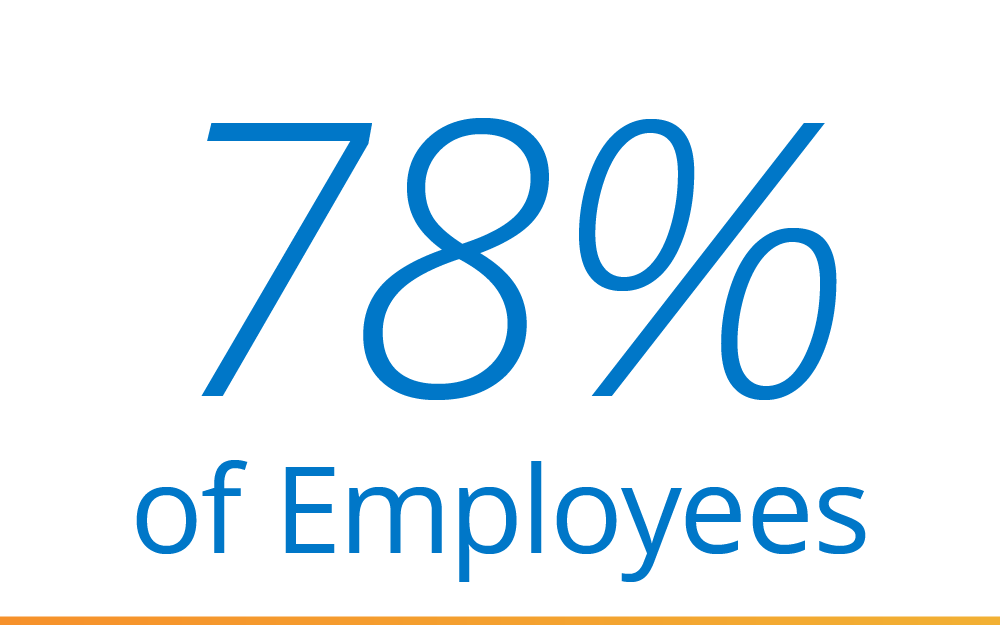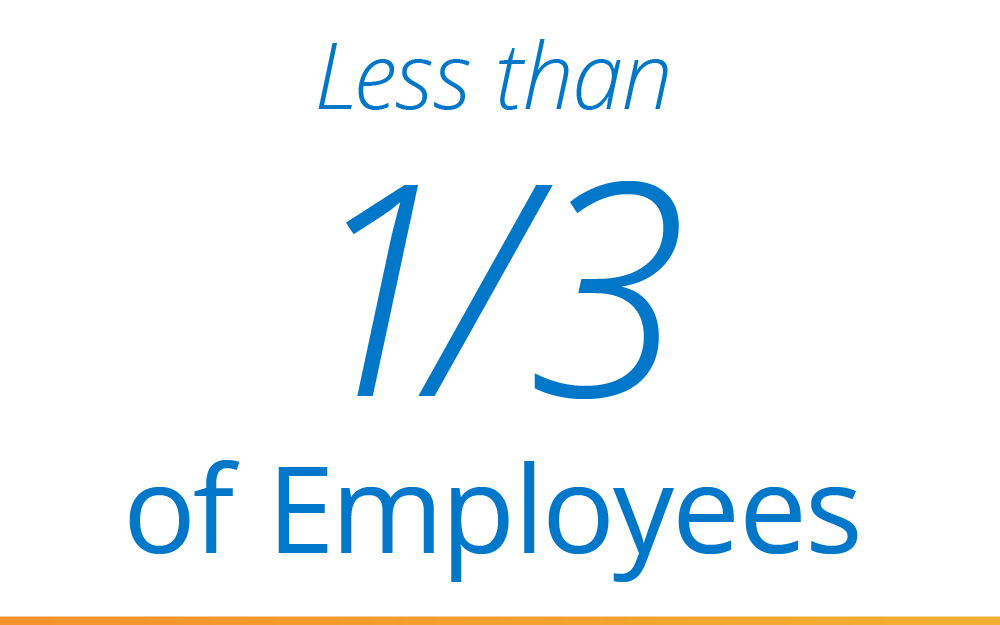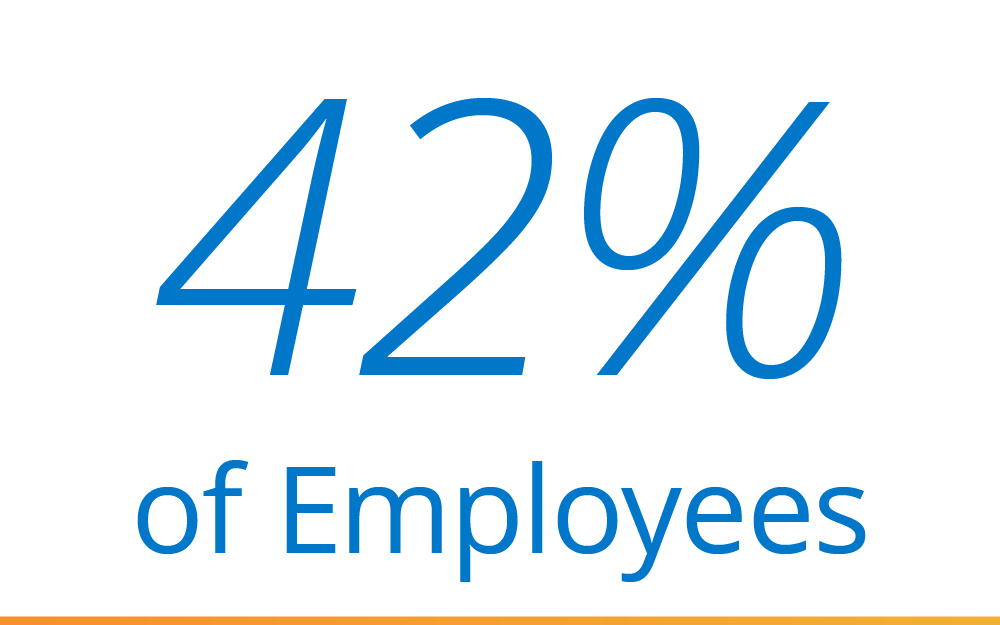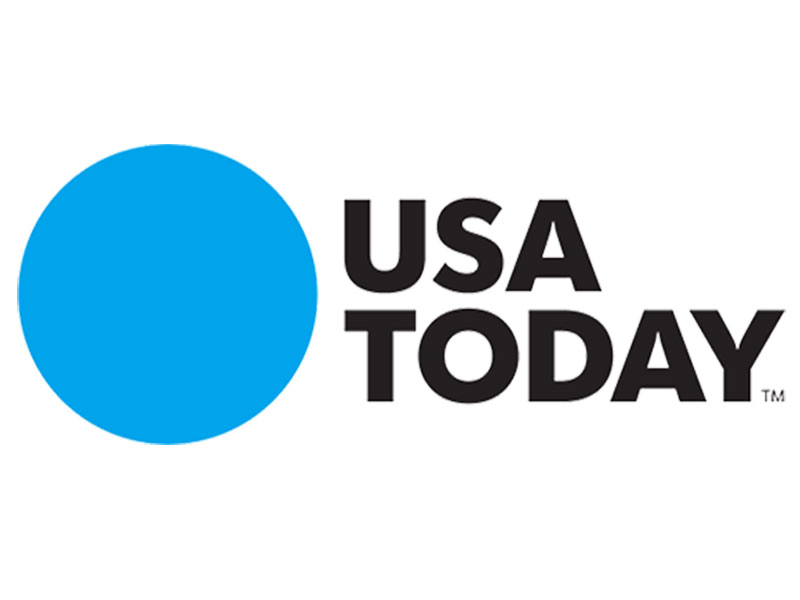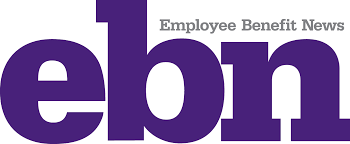Sunny Day Fund: Helping the Entire Workplace Thrive With Emergency Savings
Recognizing employers were ideally positioned to help workers save, Sunny Day Fund launched a solution that drives employee resilience and business impact.
A ‘tale of two retirements’ shows only the rich are saving more — while most Americans are putting away much less
Most U.S. workers struggle to save and invest for their older years.
The future of compensation is flexible, fair and fast
Despite 93% of U.S. employers implementing pay increases this year, many workers still struggle to meet their basic needs.
Top earners are saving more for retirement. Everyone else is saving less.
A new report on retirement savings paints a worrisome picture: Fewer workers are saving, and only top earners are increasing their contributions from year to year.
Essential Benefits: Paid Family Leave
With more workers balancing jobs and caregiving, offering paid family leave can help employers support worker well-being and key business outcomes.
5 financial health design principles for workplace retirement plans
Much ink gets spilled every year on the state of Americans' retirement security. Recent headlines have touted the record-high savings rates in 401(k) plans.

